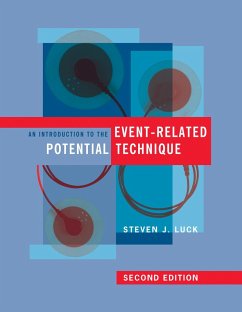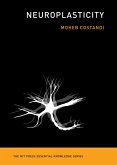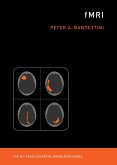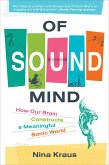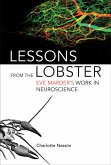An essential guide to designing, conducting, and analyzing event-related potential (ERP) experiments, completely updated for this edition.
The event-related potential (ERP) technique, in which neural responses to specific events are extracted from the EEG, provides a powerful noninvasive tool for exploring the human brain. This volume describes practical methods for ERP research along with the underlying theoretical rationale. It offers researchers and students an essential guide to designing, conducting, and analyzing ERP experiments. This second edition has been completely updated, with additional material, new chapters, and more accessible explanations. Freely available supplementary material, including several online-only chapters, offer expanded or advanced treatment of selected topics.
The first half of the book presents essential background information, describing the origins of ERPs, the nature of ERP components, and the design of ERP experiments. The second half of the book offers a detailed treatment of the main steps involved in conducting ERP experiments, covering such topics as recording the EEG, filtering the EEG and ERP waveforms, and quantifying amplitudes and latencies. Throughout, the emphasis is on rigorous experimental design and relatively simple analyses. New material in the second edition includes entire chapters devoted to components, artifacts, measuring amplitudes and latencies, and statistical analysis; updated coverage of recording technologies; concrete examples of experimental design; and many more figures. Online chapters cover such topics as overlap, localization, writing and reviewing ERP papers, and setting up and running an ERP lab.
The event-related potential (ERP) technique, in which neural responses to specific events are extracted from the EEG, provides a powerful noninvasive tool for exploring the human brain. This volume describes practical methods for ERP research along with the underlying theoretical rationale. It offers researchers and students an essential guide to designing, conducting, and analyzing ERP experiments. This second edition has been completely updated, with additional material, new chapters, and more accessible explanations. Freely available supplementary material, including several online-only chapters, offer expanded or advanced treatment of selected topics.
The first half of the book presents essential background information, describing the origins of ERPs, the nature of ERP components, and the design of ERP experiments. The second half of the book offers a detailed treatment of the main steps involved in conducting ERP experiments, covering such topics as recording the EEG, filtering the EEG and ERP waveforms, and quantifying amplitudes and latencies. Throughout, the emphasis is on rigorous experimental design and relatively simple analyses. New material in the second edition includes entire chapters devoted to components, artifacts, measuring amplitudes and latencies, and statistical analysis; updated coverage of recording technologies; concrete examples of experimental design; and many more figures. Online chapters cover such topics as overlap, localization, writing and reviewing ERP papers, and setting up and running an ERP lab.
Dieser Download kann aus rechtlichen Gründen nur mit Rechnungsadresse in A, B, BG, CY, CZ, D, DK, EW, E, FIN, F, GR, HR, H, IRL, I, LT, L, LR, M, NL, PL, P, R, S, SLO, SK ausgeliefert werden.

